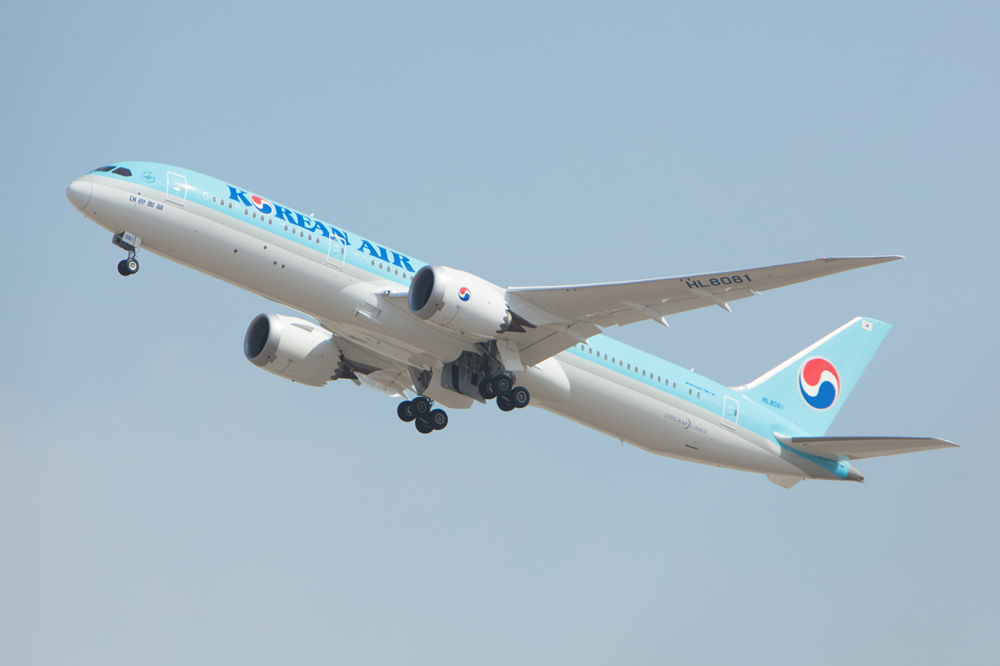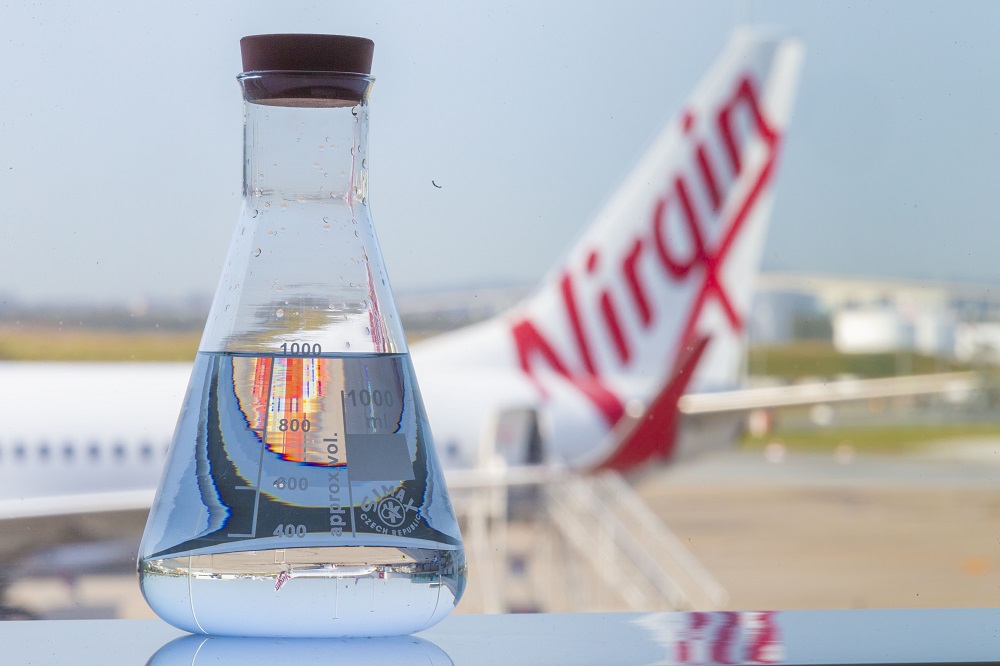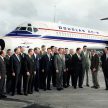The International Air Transport Association (IATA) is seeking support for sustainable aviation fuel as part of the European Union’s “Green Deal” push to reduce carbon emissions and build a new energy economy.
The airline industry sees biofuels as a longer-term answer to reducing carbon emissions but has had limited success in persuading governments to provide meaningful support for the technology.
The fuels have been tested in more than 215,000 commercial flights and have the potential to cut carbon emissions by 80 percent on a life-cycle basis.
But making sustainable aviation fuels (SAFs) available on an economically viable basis has proved tricky and they currently supply just 0.1 percent of aviation’s energy needs a decade after the first test flight.
READ: A350 boosts SAS sustainability in flight-shaming battle.
More recently, there has been a flurry of research into electric and hybrid electric planes but these are likely to be some way off and are aimed at short-haul operations.
Long-haul aircraft will still need liquid fuel for the foreseeable future and SAF’s are a major component of its plan to cut emissions to half 2005 levels by 2050.
There is some hope on the horizon: The International Air Transport Association says there are currently 14 SAF production facilities operating, under construction or in the final stages of financing and planning.
These will take the industry some way to a goal of having 2 percent of aviation fuel from non-fossil sources by 2025, a point it sees as a tipping point in terms of viability.
But IATA says more progress is needed.
IATA director general Alexandre de Juniac told the Sustainable Innovation Forum in Madrid on Tuesday that the industry had high hopes for the Green Deal.
The Green Deal wants to overhaul the European economy by, among other things, supporting research and innovation in low-carbon and clean technologies and encouraging more green investment.
“We want to be part of Europe’s building of a new energy economy and we will do everything we can to make sustainable aviation fuels a priority for aviation in Europe and around the world,’’ he said in a call for carefully considered policy measures.”
Aviation is committed to carbon-neutral growth from 2020 and has an industry-leading global carbon offset plan for international airlines called CORSIA to help it achieve that.
The IATA boss said this would cover most of the anticipated growth in aviation emissions but there was a need for more states, including several big travel markets, to join from day one.
He also cautioned against states introducing taxes that could undermine the scheme.
“Taxes are a politician’s way out. They are easy to put in place and make it look like action is being taken.
“But in aviation, they rarely have the desired environmental benefit, and simply cut off travel options from lower-income consumers.
“It takes more time and more effort to put in place a package of measures that can actually reduce emissions in the long-term. But that approach is a hundred times more beneficial than a blunt tax.”
CORSIA, however, is seen as an interim measure while other technologies are developed.
De Juniac said the role of governments in energy transition had been mapped in the successful development of solar and wind solutions for power generation.
He called for aviation to be the priority when it came to sustainable liquid fuels.
“Electrification of road vehicles is tried, tested, scalable and on the market today,’’ he said.
“Aviation should be a policy priority because it does not have a near-term electrification option.”
Traditional energy suppliers also need to prioritize investment in SAF, the IATA boss said.
“The major oil companies have the expertise, the distribution networks and – importantly – the financial power to make a real difference,’’ he said.
“I call on them to make this an absolute priority, helping to underpin global connectivity for future generations by making sustainable aviation fuels a commercial reality.”
























